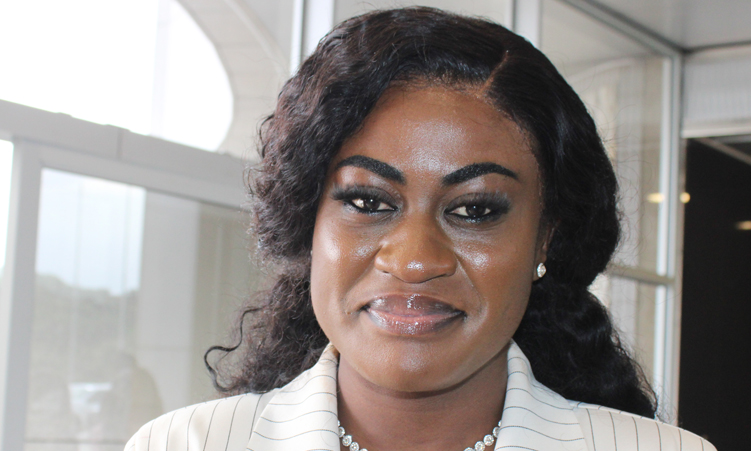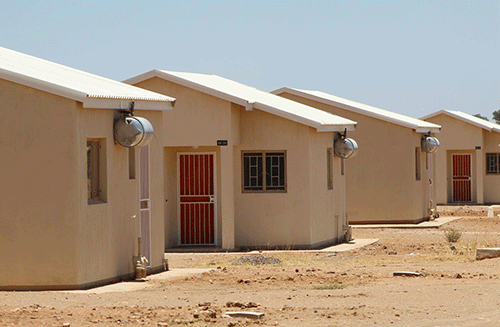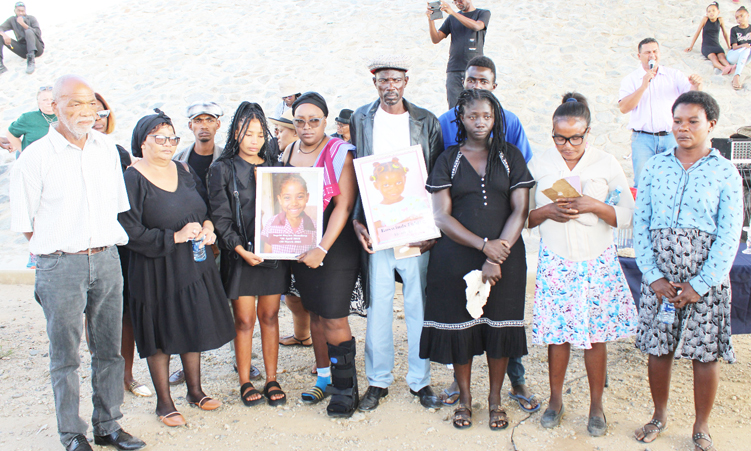OUAGADOUGOU – Rapid economic growth rates in Africa are at risk from a global downturn, the head of the International Monetary Fund told West African leaders yesterday.
On his second visit to Africa since taking office in November, Dominique Strauss-Kahn met leaders from the eight-nation Economic and Monetary Union of West Africa (UEMOA) in the capital of Burkina Faso, Ouagadougou, to discuss how the Fund could help the poor region weather the impact of the slowdown in the United States and other major economies. Sub-Saharan Africa has recorded its strongest growth for decades in recent years, but Strauss-Kahn warned leaders that a downturn in rich nations sparked by the collapse of the US sub-prime lending market would also affect emerging economies.The Fund has cut its 2008 global growth projection to 4,1 per cent, down from 4,9 per cent last year, blaming the weak outlook in the United States and Europe.”It is not an easy time when economic crises in the world have some consequences everywhere, including in Africa,” Stauss-Kahn told reporters.”That could knock growth rates, which in recent years have been remarkable.”He was due to hold bilateral talks with Burkina Faso President Blaise Compaore, currently UEMOA chairman, and leaders from Benin, Ivory Coast, Mali and Togo.The leaders were also to hold a round table discussion with Strauss-Kahn on IMF’s role.”I wanted to come here to discuss with the heads of state the measures to take, the continued reforms which are necessary, the cooperation which is possible, and how the Fund is a factor for development in Africa,” Strauss-Kahn said.”It is at the regional level that policy should be decided.”The former French finance minister has pushed on with an IMF overhaul begun by his predecessor Rodrigo Rato to increase the influence of fast-growing emerging economies and adapt to falling demand for its traditional role as emergency lender.Burkina Faso is the first leg of an Africa tour which will also take him to Niger and Tanzania.Strauss-Kahn was forced to abandon a visit to Senegal on Sunday due to flight delays.CHINESE ERODE INFLUENCE Many ordinary Africans see the Fund as a Western-controlled organisation which has enforced inappropriate and often harmful austerity measures on the world’s poorest continent.New lenders from cash-rich Arab oil exporters or booming developing nations like China and India, offering cheap loans often in return for access to raw materials, have eroded the influence of the IMF and World Bank in Africa.In response, the Fund launched a Policy Support Instrument (PSI) to promote its role as an independent economic advisor to emerging economies.Six African nations have already signed such an agreement, which does not involve loans.Unlike Asian economies, sub-Saharan Africa has seen its share of the world economy steadily diminish over recent decades, raising concerns that reform of the Fund to reflect economic realities could actually weaken Africa’s sway.”Africa is a major investment for the Fund and there’s a lot at stake,” Strauss-Khan said.IMF officials said African leaders were keen to learn how changes at the Fund would affect them and how the reformed lender would approach issues like international trade.One of the world’s poorest countries, Burkina Faso is the region’s leading exporter of cotton and a bitter critic of US subsidies, which it says harm 13 million people in Africa and benefit only a small group of American farmers.Like many countries in West Africa, Burkina has also been hard hit by worldwide inflation for staple foods, like rice, which sparked rioting earlier this month.- Nampa-ReutersSub-Saharan Africa has recorded its strongest growth for decades in recent years, but Strauss-Kahn warned leaders that a downturn in rich nations sparked by the collapse of the US sub-prime lending market would also affect emerging economies.The Fund has cut its 2008 global growth projection to 4,1 per cent, down from 4,9 per cent last year, blaming the weak outlook in the United States and Europe.”It is not an easy time when economic crises in the world have some consequences everywhere, including in Africa,” Stauss-Kahn told reporters.”That could knock growth rates, which in recent years have been remarkable.”He was due to hold bilateral talks with Burkina Faso President Blaise Compaore, currently UEMOA chairman, and leaders from Benin, Ivory Coast, Mali and Togo.The leaders were also to hold a round table discussion with Strauss-Kahn on IMF’s role.”I wanted to come here to discuss with the heads of state the measures to take, the continued reforms which are necessary, the cooperation which is possible, and how the Fund is a factor for development in Africa,” Strauss-Kahn said.”It is at the regional level that policy should be decided.”The former French finance minister has pushed on with an IMF overhaul begun by his predecessor Rodrigo Rato to increase the influence of fast-growing emerging economies and adapt to falling demand for its traditional role as emergency lender.Burkina Faso is the first leg of an Africa tour which will also take him to Niger and Tanzania.Strauss-Kahn was forced to abandon a visit to Senegal on Sunday due to flight delays.CHINESE ERODE INFLUENCE Many ordinary Africans see the Fund as a Western-controlled organisation which has enforced inappropriate and often harmful austerity measures on the world’s poorest continent.New lenders from cash-rich Arab oil exporters or booming developing nations like China and India, offering cheap loans often in return for access to raw materials, have eroded the influence of the IMF and World Bank in Africa.In response, the Fund launched a Policy Support Instrument (PSI) to promote its role as an independent economic advisor to emerging economies.Six African nations have already signed such an agreement, which does not involve loans.Unlike Asian economies, sub-Saharan Africa has seen its share of the world economy steadily diminish over recent decades, raising concerns that reform of the Fund to reflect economic realities could actually weaken Africa’s sway.”Africa is a major investment for the Fund and there’s a lot at stake,” Strauss-Khan said.IMF officials said African leaders were keen to learn how changes at the Fund would affect them and how the reformed lender would approach issues like international trade.One of the world’s poorest countries, Burkina Faso is the region’s leading exporter of cotton and a bitter critic of US subsidies, which it says harm 13 million people in Africa and benefit only a small group of American farmers.Like many countries in West Africa, Burkina has also been hard hit by worldwide inflation for staple foods, like rice, which sparked rioting earlier this month.- Nampa-Reuters
Stay informed with The Namibian – your source for credible journalism. Get in-depth reporting and opinions for
only N$85 a month. Invest in journalism, invest in democracy –
Subscribe Now!










